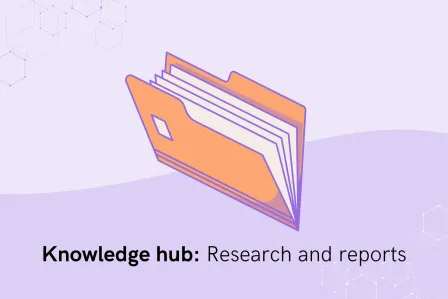Cyprus participated in the 2021/2022 HBSC study, a WHO collaborative cross-national survey examining health behaviours, social context, and risk behaviours among 11-, 13-, and 15-year-olds. The Cyprus report highlights adolescent online activity and cyberbullying: 14.4% of children reported being victims of cyberbullying at least once or twice in recent months, and 9.5% admitted to bullying others online. The findings also cover mental health, substance use, and the impact of the COVID-19 pandemic, with results informing national education and health policy.
(Source: Report).
Methodology
The Health Behaviour in School-aged Children (HBSC) study is a large school-based survey carried out every four years in collaboration with the WHO Regional Office for Europe. HBSC data are used at national/regional and international levels to gain new insights into adolescent health and well-being, understand the social determinants of health and inform policy and practice to improve young people’s lives. The 2021/2022 HBSC survey data are accompanied by a series of volumes that summarize the key findings around specific health topics. This report, Volume 7 in the series, focuses on the social context of adolescents’ lives, using the unique HBSC evidence on adolescents aged 11, 13 and 15 years across 44 countries and regions in Europe, central Asia and Canada.
(Source: Report).
Funded by:
Ministry of Health of Cyprus
Country or region of researched population
Cyprus
Citation
Papaeustathiou, M., Nikolaou, X., & Modestou, M. (2023). School-aged children: National report of Cyprus. Health Behaviour in School-Aged Children: World Health Organization Collaborative Cross-National Study. https://keea-hbsc.pi.ac.cy/hbsc/data/uploads/apotelesmata/cyprus_hbsc21_22_report_final.pdf

Cyprus participated in the 2021/2022 HBSC study, a WHO collaborative cross-national survey examining health behaviours, social context, and risk behaviours among 11-, 13-, and 15-year-olds. The Cyprus report highlights adolescent online activity and cyberbullying: 14.4% of children reported being victims of cyberbullying at least once or twice in recent months, and 9.5% admitted to bullying others online. The findings also cover mental health, substance use, and the impact of the COVID-19 pandemic, with results informing national education and health policy.
(Source: Report).
Methodology
The Health Behaviour in School-aged Children (HBSC) study is a large school-based survey carried out every four years in collaboration with the WHO Regional Office for Europe. HBSC data are used at national/regional and international levels to gain new insights into adolescent health and well-being, understand the social determinants of health and inform policy and practice to improve young people’s lives. The 2021/2022 HBSC survey data are accompanied by a series of volumes that summarize the key findings around specific health topics. This report, Volume 7 in the series, focuses on the social context of adolescents’ lives, using the unique HBSC evidence on adolescents aged 11, 13 and 15 years across 44 countries and regions in Europe, central Asia and Canada.
(Source: Report).
Funded by:
Ministry of Health of Cyprus
Country or region of researched population
Cyprus
Citation
Papaeustathiou, M., Nikolaou, X., & Modestou, M. (2023). School-aged children: National report of Cyprus. Health Behaviour in School-Aged Children: World Health Organization Collaborative Cross-National Study. https://keea-hbsc.pi.ac.cy/hbsc/data/uploads/apotelesmata/cyprus_hbsc21_22_report_final.pdf
- mental health digital wellbeing
Related content
- < Previous Item
- Next Item >


